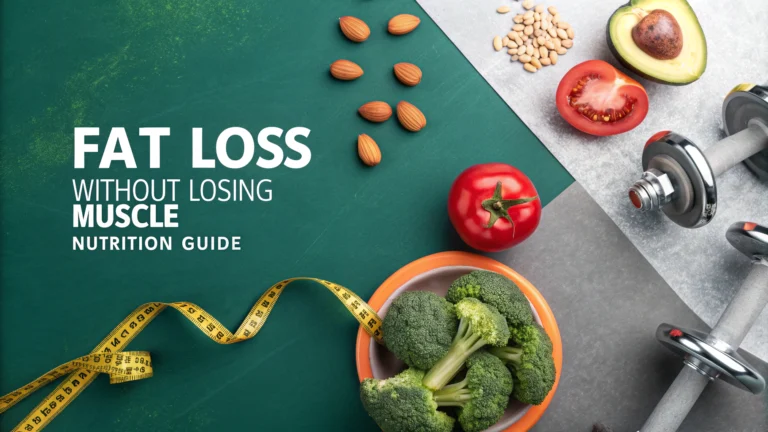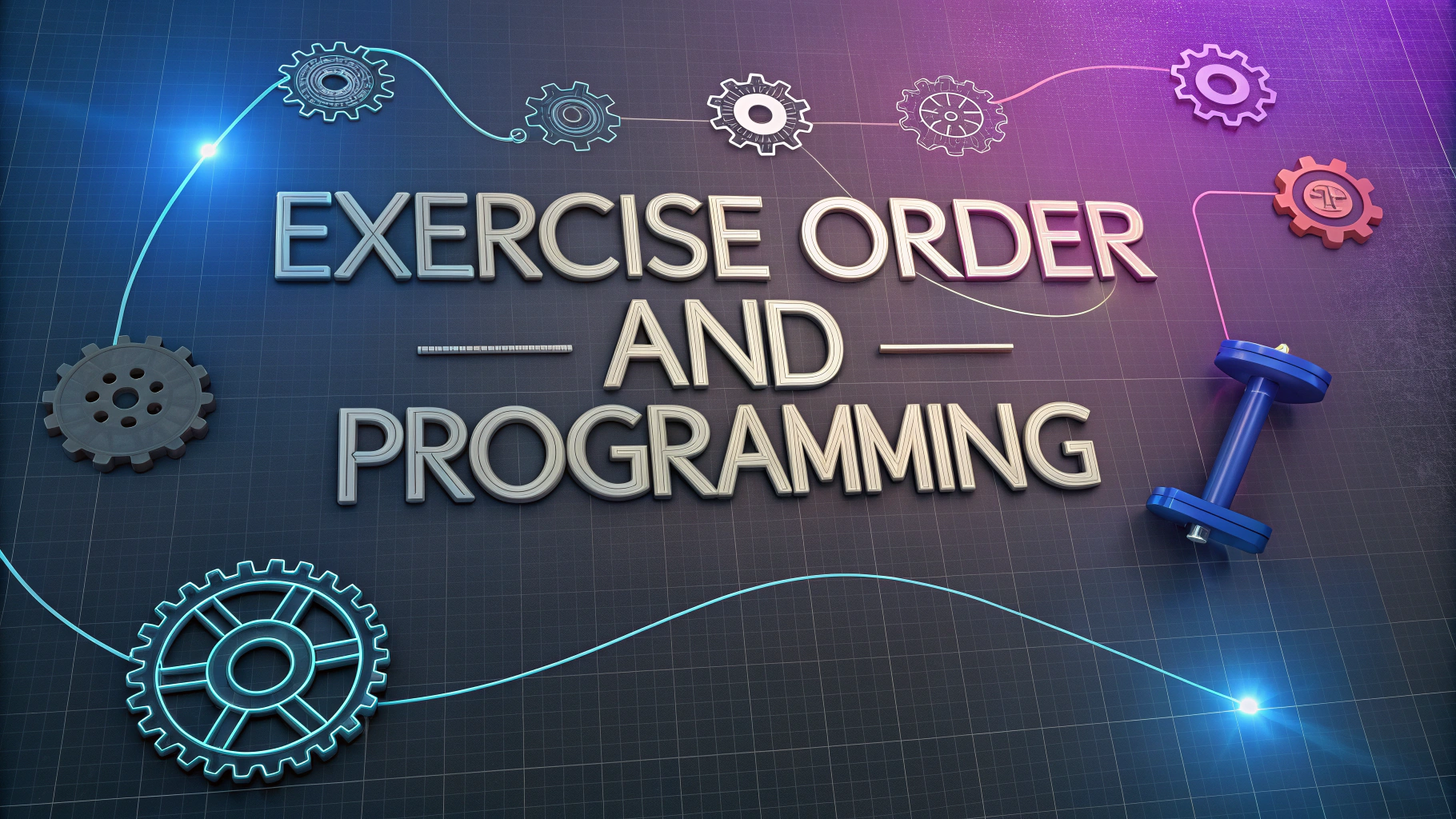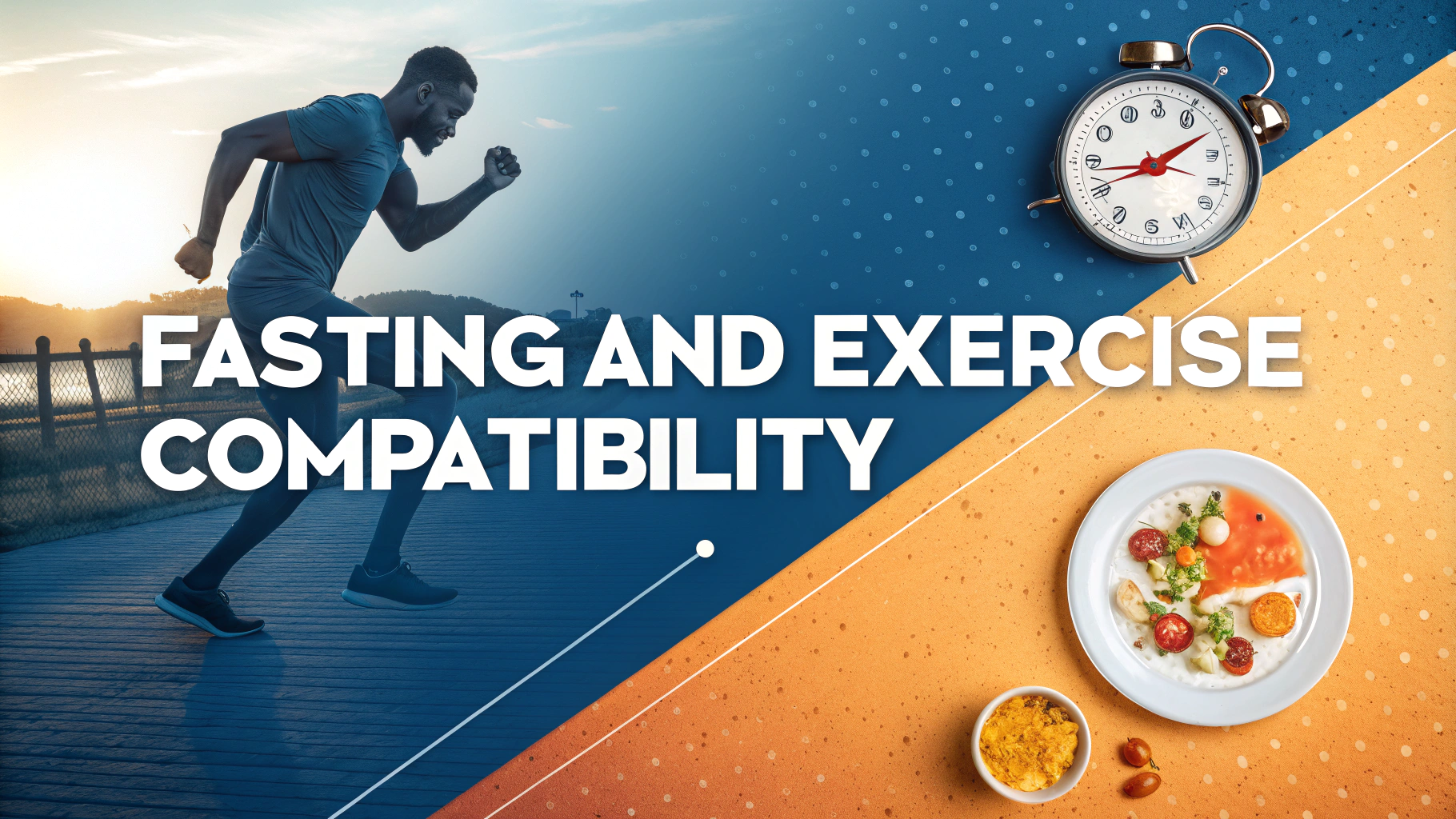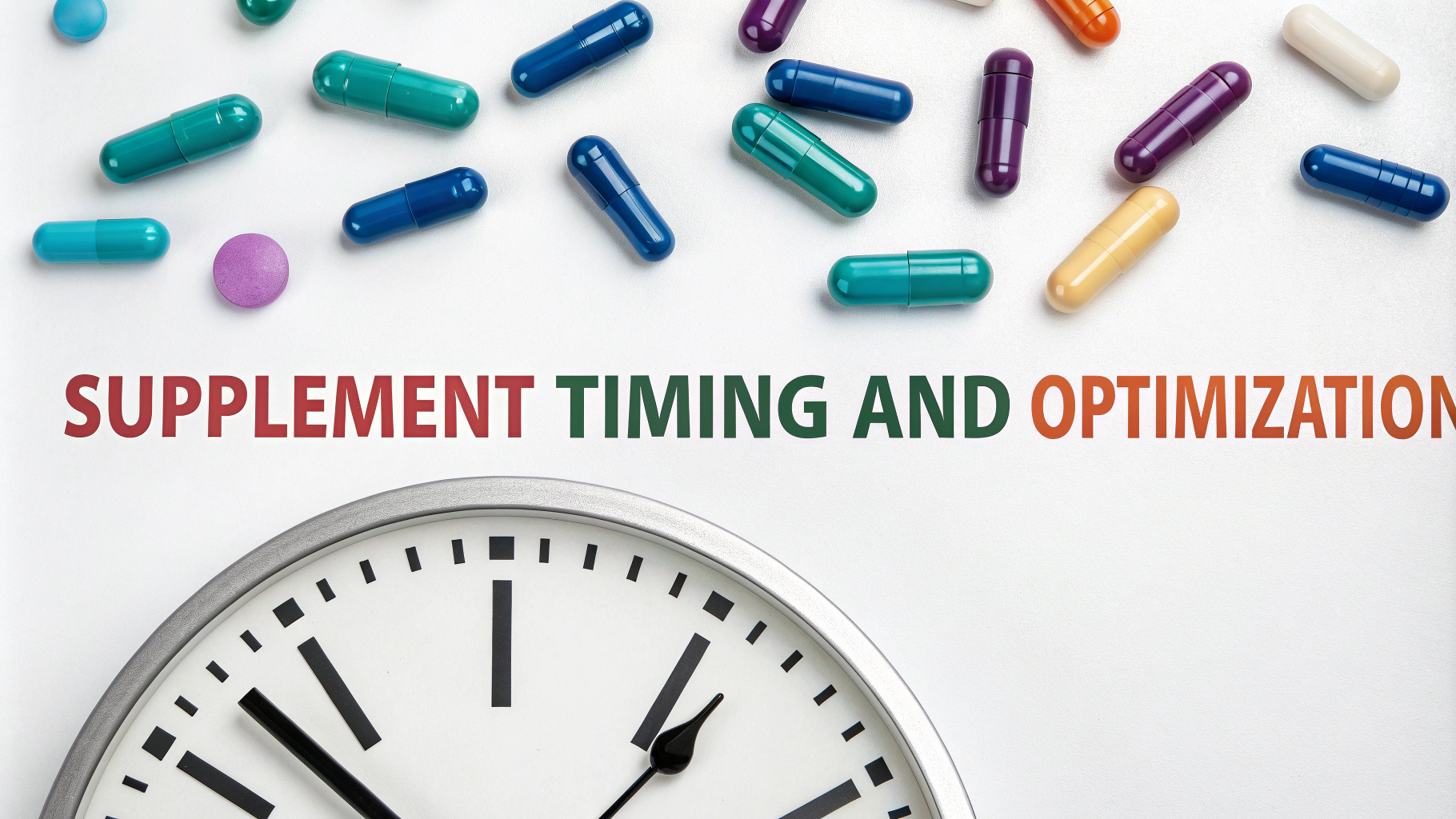Building and maintaining muscle while losing fat requires a strategic approach to nutrition that goes beyond simple calorie counting.
The Basic Formula
A moderate caloric deficit of 20-25% below maintenance is ideal for preserving muscle while losing fat.
Protein Requirements
- 1.6-2.2g of protein per kg of body weight daily
- Spread protein intake across 4-5 meals
- Include protein sources like:
- Lean meats (chicken breast, turkey)
- Fish (salmon, tuna)
- Eggs
- Greek yogurt
- Whey protein supplements
Carbohydrate Strategy
Keep carbohydrates at 2-3g per kg of body weight, focusing on timing around workouts.
- Best sources:
- Sweet potatoes
- Brown rice
- Quinoa
- Oats
- Fresh fruits
Essential Fats
Maintain fat intake at 0.5-1g per kg of body weight.
- Quality sources:
- Avocados
- Nuts and seeds
- Olive oil
- Fatty fish
Meal Timing
- Eat every 3-4 hours
- Pre-workout meal: 2-3 hours before training
- Post-workout nutrition: within 30 minutes after exercise
Supplementation
- Whey protein: 20-30g post-workout
- Creatine monohydrate: 5g daily
- BCAAs: during fasted training
Common Mistakes to Avoid
- Cutting calories too drastically
- Eliminating carbs completely
- Neglecting post-workout nutrition
- Inconsistent meal timing
Sample Daily Meal Plan
| Meal | Foods |
|---|---|
| Breakfast | Oats with whey protein, banana, and almonds |
| Lunch | Grilled chicken breast, sweet potato, green vegetables |
| Pre-workout | Greek yogurt with berries |
| Post-workout | Whey protein shake with banana |
| Dinner | Salmon, quinoa, mixed vegetables |
Track progress by taking weekly body measurements and progress photos rather than relying solely on scale weight.
Resources
- International Society of Sports Nutrition: www.sportsnutritionsociety.org
- American Council on Exercise: www.acefitness.org
Progress Tracking
- Weekly body measurements:
- Waist circumference
- Hip measurements
- Arm and leg circumference
- Body fat percentage
- Progress photos every 2-4 weeks
- Strength logging during workouts
Recovery Optimization
- Sleep 7-9 hours per night
- Manage stress levels
- Include rest days between intense training sessions
- Stay hydrated (3-4 liters daily)
Recovery Nutrition
- Focus on anti-inflammatory foods
- Include micronutrient-rich vegetables
- Consider magnesium and zinc-rich foods
- Limit alcohol consumption
Adjusting Your Plan
Monitor progress and make adjustments every 2-3 weeks based on:
- Rate of fat loss
- Energy levels
- Training performance
- Recovery capacity
Conclusion
Successful body recomposition requires a balanced approach combining proper nutrition, strategic meal timing, and consistent monitoring. Focus on gradual, sustainable changes rather than rapid transformations. Regular assessment and adjustment of your nutrition plan ensures continued progress while maintaining muscle mass during fat loss phases.
Key Takeaways
- Maintain adequate protein intake
- Time nutrients strategically around workouts
- Monitor progress through multiple metrics
- Adjust plan based on results
- Prioritize recovery and consistency
FAQs
- What is the optimal caloric deficit for losing fat while preserving muscle?
A moderate deficit of 20-25% below maintenance calories is ideal, typically 500-750 calories per day, to minimize muscle loss while promoting fat reduction. - How much protein should I consume to maintain muscle during fat loss?
Consume 1.8-2.2g of protein per kilogram of body weight (or 0.8-1.0g per pound) to preserve muscle mass during a caloric deficit. - Should I continue strength training while trying to lose fat?
Yes, maintaining a progressive overload resistance training program is crucial for muscle preservation during fat loss phases. - What’s the best meal timing for fat loss while preserving muscle?
Space protein intake across 4-6 meals daily, with meals every 3-4 hours, including pre and post-workout nutrition. - Are carbohydrates necessary during fat loss phases?
Yes, moderate carbohydrate intake helps maintain training intensity and prevents muscle breakdown. Focus on consuming carbs around workouts. - What role do essential fats play in preserving muscle during fat loss?
Maintain 0.5-1g of fat per kg of body weight to support hormone production and cellular health during fat loss. - How can I tell if I’m losing muscle instead of just fat?
Monitor strength levels in key lifts, take progress photos, and use body composition measurements rather than just scale weight. - Should I do cardio while trying to preserve muscle during fat loss?
Limit high-intensity cardio to 2-3 sessions weekly and moderate cardio to 150-200 minutes weekly to prevent interference with muscle retention. - What supplements are proven to help preserve muscle during fat loss?
Creatine monohydrate, whey protein, and essential amino acids (EAAs) have strong evidence supporting muscle preservation during fat loss. - How fast should I lose weight to minimize muscle loss?
Aim for a weight loss rate of 0.5-1% of body weight per week to maximize fat loss while minimizing muscle loss.







